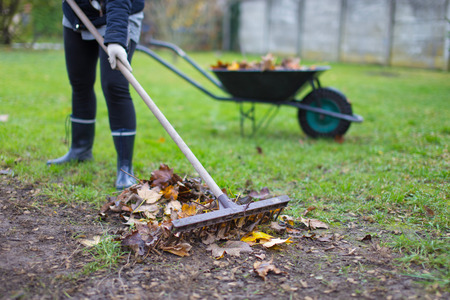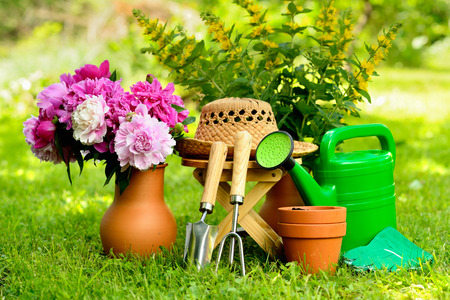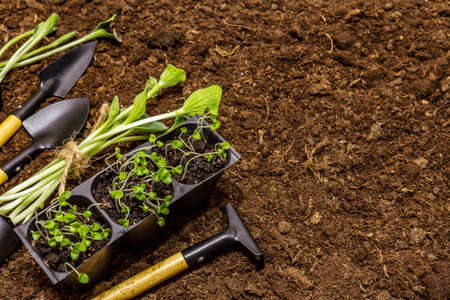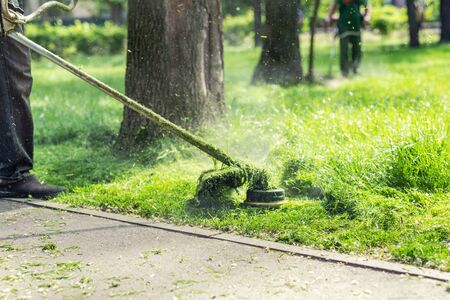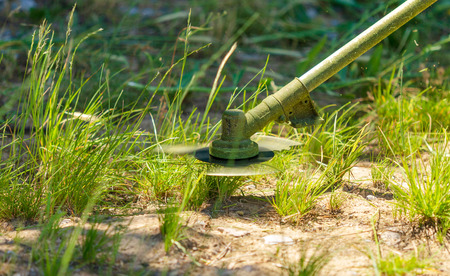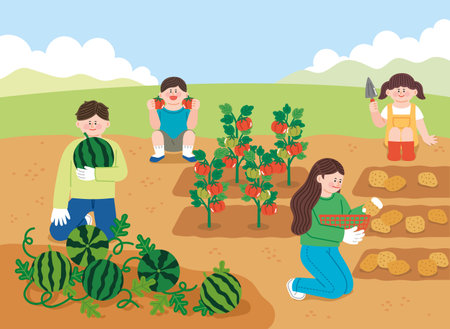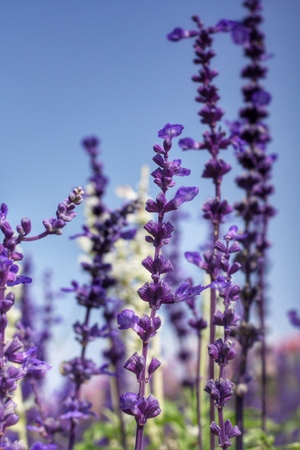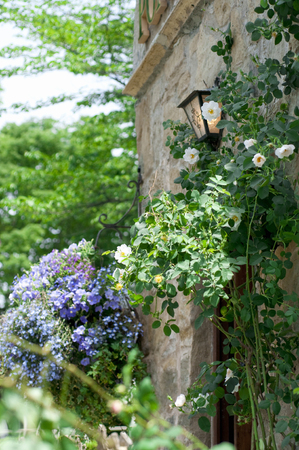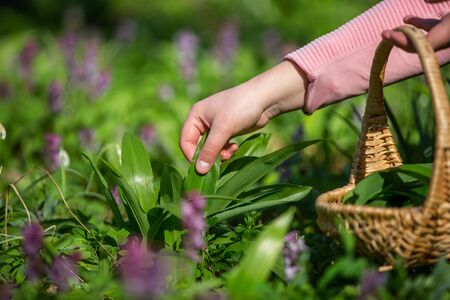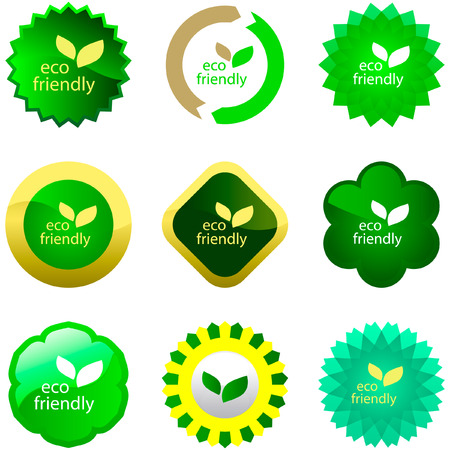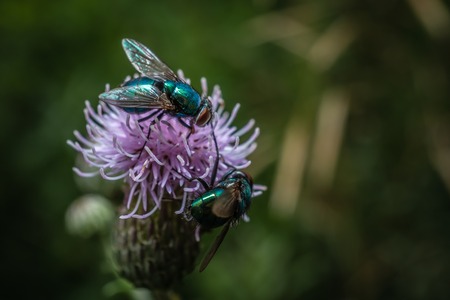A Deep Dive into Sharpening Shears and Hedge Clippers: Advice for Allotment and Home Gardeners
Introduction to Shears and Hedge Clippers for British GardensShears and hedge clippers are indispensable tools for anyone tending an allotment or home garden in the UK. Whether you’re maintaining a classic English cottage garden, taming a wild urban plot, or keeping your neatly clipped hedges in order, these tools help shape and sustain the cherished…
